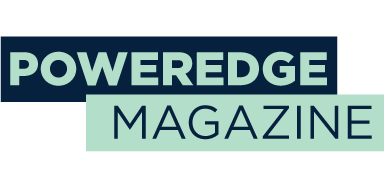In a July blog post, Meta CEO Mark Zuckerberg stated that “selling access” to Meta’s openly available Llama AI models “isn’t [Meta’s] business model.” However, a newly unredacted court filing reveals that Meta does earn revenue from Llama through revenue-sharing agreements.
The court document—submitted by attorneys for the plaintiffs in the Kadrey v. Meta copyright lawsuit, which alleges that Meta used hundreds of terabytes of pirated e-books to train its Llama models—discloses that Meta “shares a percentage of the revenue” generated by companies hosting its Llama models with the platform.
While the filing does not specify which hosts are contributing revenue, Meta has previously mentioned several Llama host partners in various blog posts. These include well-known names like AWS, Nvidia, Databricks, Groq, Dell, Azure, Google Cloud, and Snowflake.
Although developers can download, fine-tune, and run Llama models on their own hardware without using a host partner, many choose these partners for the additional services and tools that simplify deployment.
During an earnings call last April, Zuckerberg hinted at potential monetization strategies for Llama—such as licensing access, business messaging services, and AI interaction ads—but he didn’t provide detailed plans at the time. “If you’re someone like Microsoft or Amazon or Google and you’re going to basically be reselling these services, that’s something that we think we should get some portion of the revenue for,” he explained. “So those are the deals that we intend to be making, and we’ve started doing that a little bit.”
More recently, Zuckerberg emphasized that much of the value Meta derives from Llama comes from improvements contributed by the broader AI research community. Meta uses Llama models to power various products across its platforms, including its AI assistant, Meta AI. “I think it’s good business for us to do this in an open way,” he said during Meta’s Q3 2024 earnings call. “[I]t makes our products better rather than if we were just on an island building a model that no one was kind of standardizing around in the industry.”
The revelation that Meta directly generates revenue from Llama is particularly notable given the plaintiffs’ claims in Kadrey v. Meta. The lawsuit alleges that Meta not only used pirated works to develop Llama but also facilitated infringement by “seeding” these works through surreptitious torrenting methods.
Meanwhile, Meta is ramping up its capital expenditures, planning to invest between $60 billion and $80 billion in 2025—roughly double its 2024 spending—primarily on data centers and expanding its AI development teams. To help offset these costs, the company is reportedly considering a subscription service for Meta AI that would offer enhanced capabilities for its assistant.
A Meta spokesperson has directed TechCrunch to an earnings call transcript for further context, which includes additional remarks from Zuckerberg regarding the revenue-sharing agreements with major Llama host partners.

